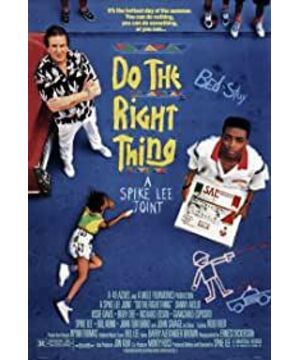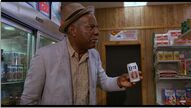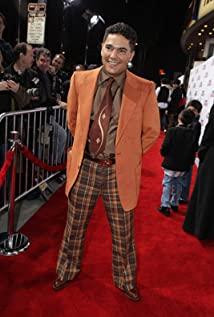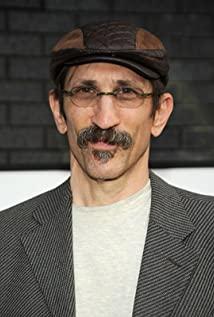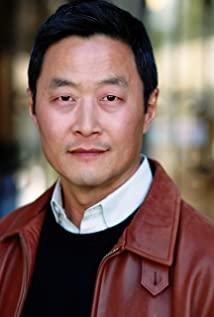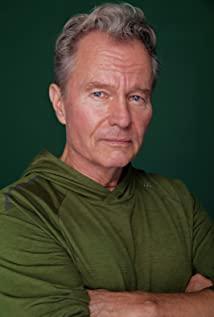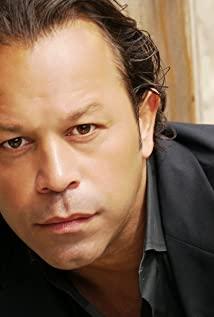I was amazed at the director's mastery of the plot and rhythm control. This film looks very smooth. Although the society is in a state of impetuous and unstable, the director often uses humorous plots to resolve it. Until that night, the shopkeeper Sal allowed people to visit after closing, only to get burned.
Of course, we can tell the story this way: One night in 1989, a fire broke out in a Brooklyn pizzeria when the Italian-born owner smashed a black guy's radio. But what happened was far more complicated than it seemed. The son of the shop owner stood on the opposite side of all black people through stereotypes and quarrels with stuttering, thus making enemies for himself step by step and deepening the existing concept of racial discrimination. And in such a noisy neighborhood, it's so easy to get emotional, which eventually brings together three people with a grudge against a pizzeria to go to trouble the white owner.
In the communities described in the film, this peace is fragile and superficial, as if promoting the equality of all beings on the one hand, and on the other hand there is an invisible insurmountable line dividing us. From the lens point of view, the film uses the usual shift shooting method in the 90s, and I noticed that in American movies, the tilt shooting method is generally used for scenes of depict bad guys, and this film uses this method on the radio. In addition to his isolation and people's avoidance, it reflects his particularity even more. In the end, he was killed by excessive police enforcement, which is exactly the same dilemma encountered in this country today. What was the director trying to embody when he featured him in a slanted way? Is he a "bad guy"? Or is it because of his high profile and strength that the other characters and the audience are terrified?
After watching the whole film, we came to the same conclusion as the great man, but where is the way out? Can people really give up their existing resources and interests in order to build mutual trust? This is an ongoing topic again. It is more of a reflection and admonition, and it still applies today as we head into the 2020s.
The old man Mayor is the executor of the title of the film, he sweeps the pizzeria and saves the child, just because "I want to do the right thing". This simple truth has become the most precious quality in the entire film. He and Mother Sister and Sal arguably prompted some of the things this community should do, and no one cared about them. Coupled with the three uncles enjoying the shade, the director clearly pointed out that the problem of this community is that they don't listen to the adults, don't work hard, and waste their lives in unnecessary places.
View more about Do the Right Thing reviews


